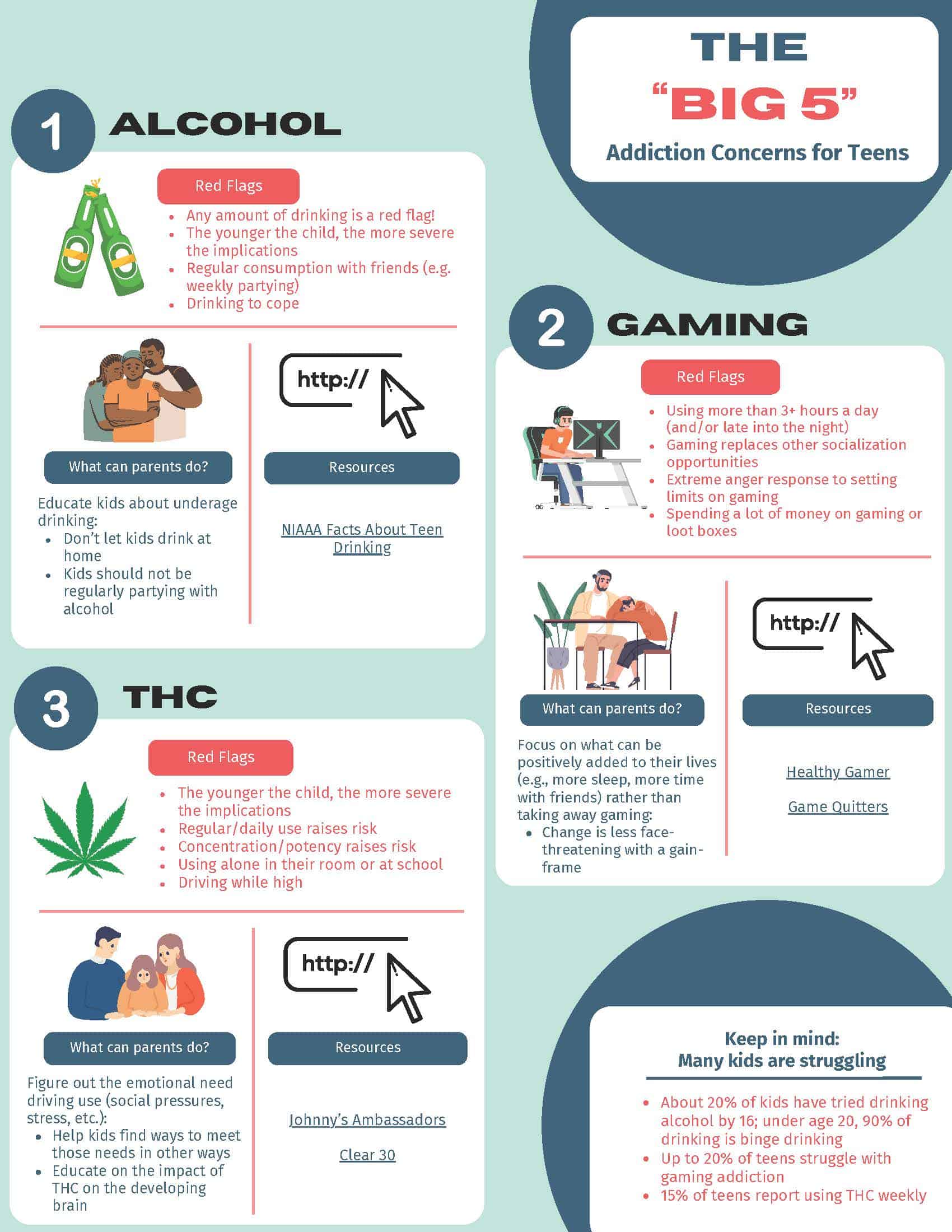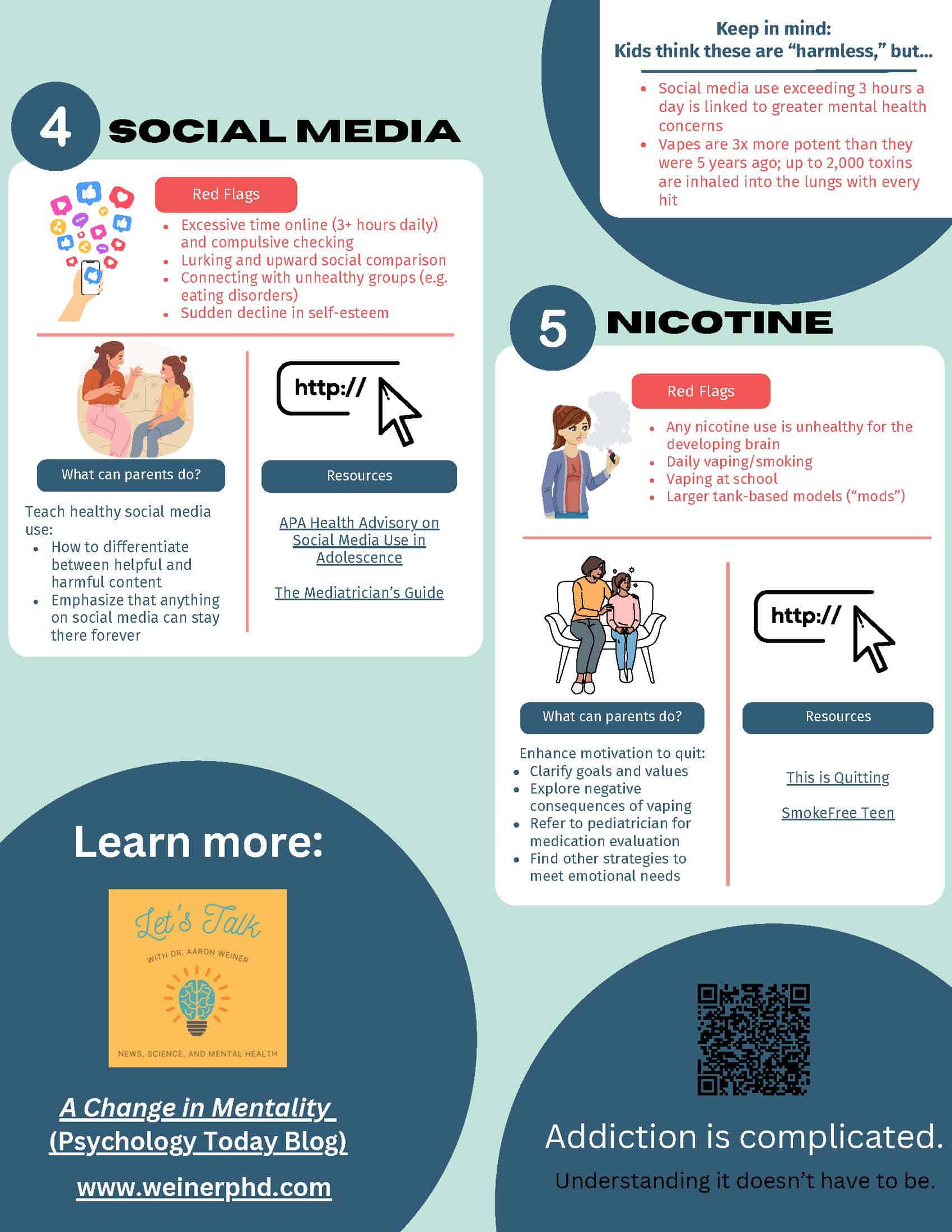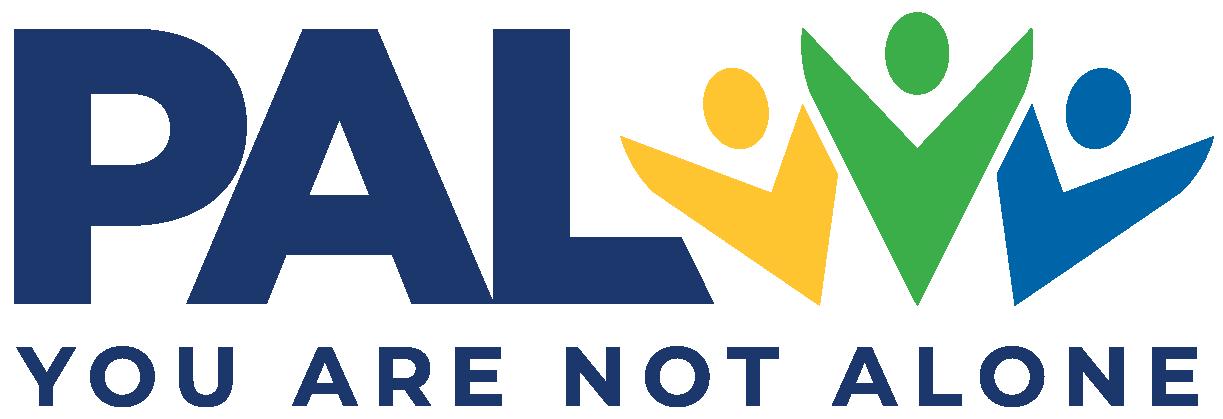
Generally, we publish blogs that focus on parents with adult children that are suffering from addiction. This month’s article focuses on teens and how substance abuse gets started and what you can do. We appreciated the message and the resource, and we hope it will be helpful and useful to you wherever you are in your journey. (You will find a downloadable infographic at the end of this blog post).
Teens are struggling tremendously with mental health concerns right now: rates of youth anxiety and depression are at their highest point in years, one in five teens say they’ve considered suicide in the past year, and pressure to succeed and excel at school has never been higher. When someone struggles with their mental health, they often look for quick-fix solutions in order to cope, trying to reduce distress as quickly as possible. Unfortunately, while many of these solutions feel like they work in the short term, they ultimately can lead to problems in the long run.
Addictive substances and behaviors have long been used by teens as one of these short-term “solutions” to a problem they’re having – generally, either a social need or an emotional concern. On the social side, feeling part of a group of friends is particularly important during the teenage years; because of this, even if peer pressure around these issues is not explicit, there can often be a strong sense of FOMO (fear of missing out). It’s very socially awkward if most of a teen’s friends are using substances or technology and they are not.
On the emotional side, if we’re feeling uncomfortable or distressed, it’s completely natural to want to feel better and to feel better quickly. However, while addictive chemicals and behaviors accomplish this in the short term, these benefits often come with a hidden cost: they create more and more stress and problems afterward. This creates a vicious cycle: if your solution to stress actually creates more stress, you’re not helping the situation but creating an ever-growing snowball of distress. This is how addictive spirals form, where one can become stuck in a cycle of substance use or compulsive addictive behaviors.
Despite the numerous possible pitfalls, parents have a tremendous amount of agency to prevent this cycle from starting (or from continuing). Although it can sometimes feel like parents don’t have an impact on their children’s behaviors, the opposite is true: data consistently show that parental opinion has a greater influence over youth behavior than almost anything else.
It’s critical for parents to understand the challenges that their teens are facing related to addictive substances and behaviors and work with them to safely navigate these treacherous waters. To help with this, I’ve I outlined the five most common addictive substances and behaviors in this infographic: alcohol, nicotine (vaping), THC, gaming, and social media. I also highlight red flags for parents to watch for that one of these areas may be an active problem for their child and resources to help empower teens to make the healthiest decisions possible related to these substances and behaviors.
And make no mistake: while it’s possible for teens to navigate through high school without using alcohol, THC, or nicotine, they will come into contact with them at some point. And social media, gaming, and other technology has become infused into so many aspects of teenage life that it’s imperative for them to learn how to use these tools safely and effectively rather than falling unknowingly into an addictive cycle.
If kids know better, they can do better. And it’s up to us as caring adults to make sure they have the information they need to make truly informed decisions about their health as it relates to substances, gaming, and social media. My hope is that this message can reach and help a parent who may be unaware that their child is struggling or is unsure of where to turn for resources. And most importantly, it can lead to important conversations taking place between parents and their kids to help keep them safe, healthy, and flourishing.
To download the Big 5 infographic, please click here. 

And if you have any questions, please feel free to reach out: I’m available at aaron@weinerphd.com.
Take care and be well,
Aaron Weiner, PhD
Licensed Clinical Psychologist
Master Addiction Counselor
Dr. Aaron Weiner is a licensed clinical psychologist, past president of the Society of Addiction Psychology, board-Certified in Counseling Psychology and is a master addiction counselor. You can hear more from Dr. Weiner at the Power of Hope Conference on October 5, 2024. weinerphd.com
